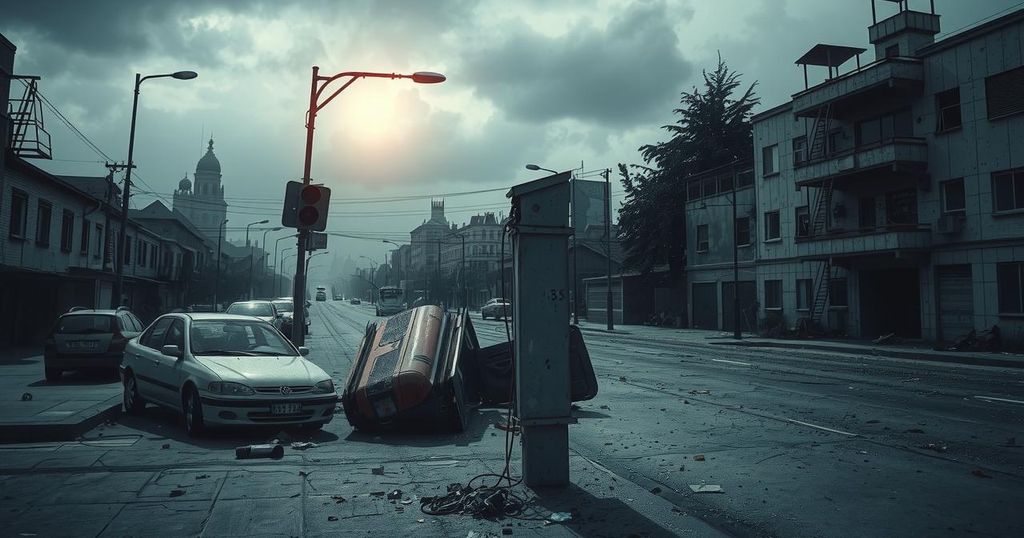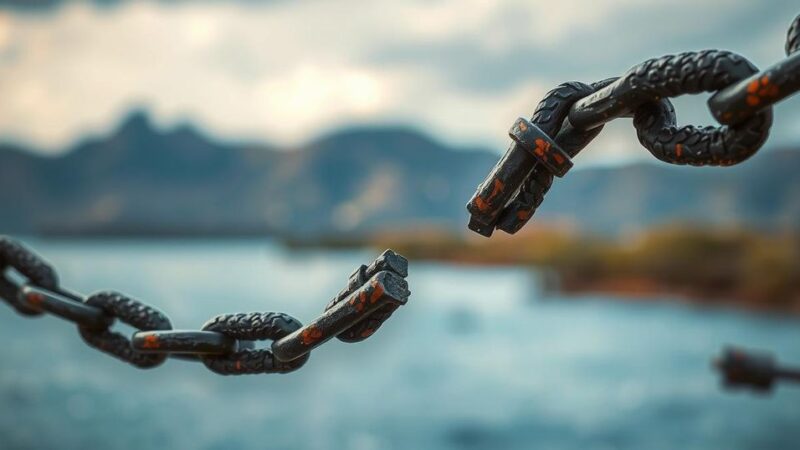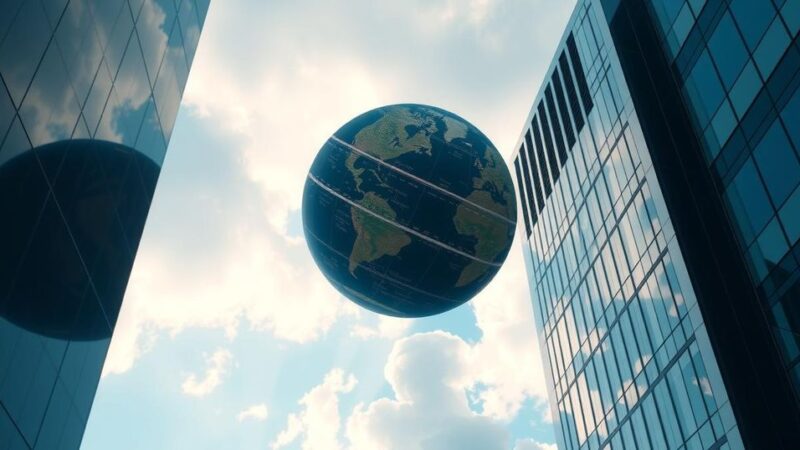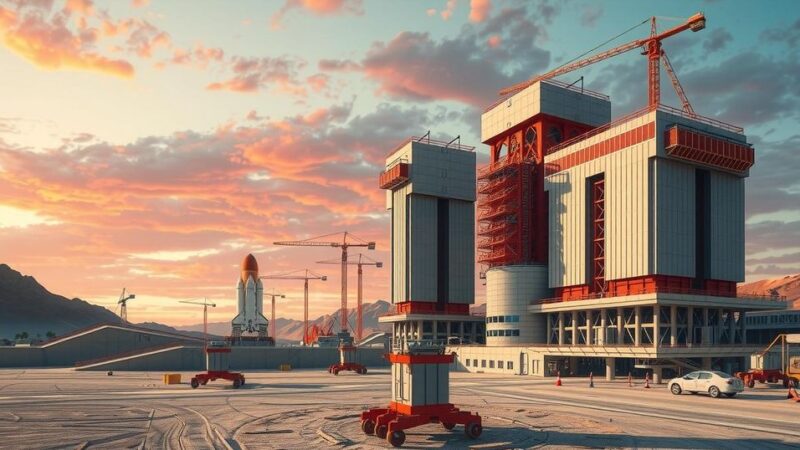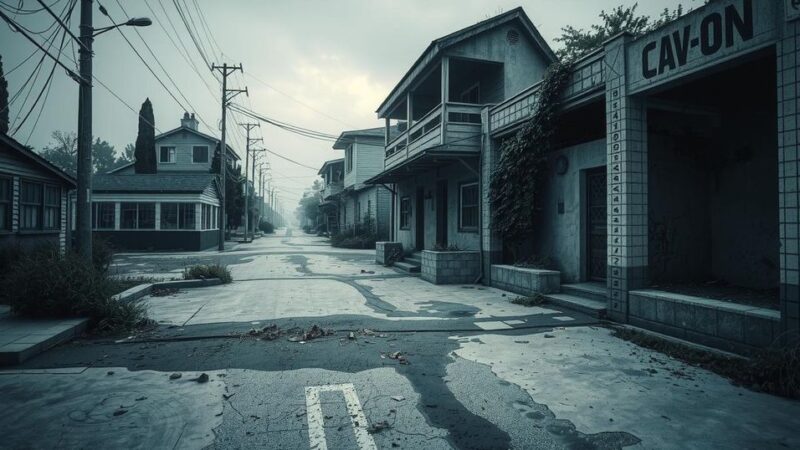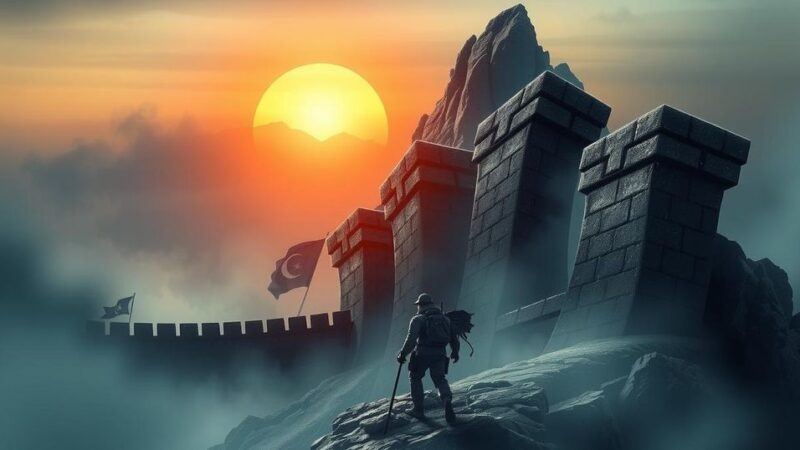The M23 insurgency in the Democratic Republic of Congo has intensified, seizing Goma and threatening a broader conflict. President Tshisekedi vows to reclaim territory, while over 400,000 have been displaced amid rising violence. The UN warns of a potential regional war, and the complexities of international reactions, particularly regarding Rwanda, unfold as the crisis deepens.
An alarming insurgency is expanding in the Democratic Republic of Congo (DRC), driven by the M23 rebel group. This group has intensified its offensive by advancing south from Goma, leading to ominous predictions of a further escalation of a conflict that has persisted for over a decade. The United Nations has cautioned that this may evolve into a broader regional war as hostilities deepen.
Following its control of Goma, M23 leader Corneille Nangaa expressed ambitions to reach Kinshasa, the nation’s capital. In response, the Congolese government has called for a substantial military mobilization, with President Félix Tshisekedi asserting a commitment to reclaim the nation’s territorial integrity. This ongoing violence has strained the country, with thousands displaced and significant human suffering recorded.
The DRC has been plagued by conflict since its independence in 1960, with the recent turmoil primarily escalating since January due to confrontations between national forces and M23 insurgents, reportedly supported by Rwanda. The UN reported over 400,000 people displaced in just one month, with Goma seeing numerous fatalities, including United Nations peacekeepers.
In government statements, the current conflict has been characterized as a “declaration of war” by Rwanda, with reports of corpses on the streets of Goma and a severe humanitarian crisis unfolding as infrastructure has deteriorated. The international community has been largely muted in its response, potentially sidelining Western influence in the region as other powers may exploit this instability.
M23, comprised predominantly of ethnic Tutsi, emerged partly from historic tensions between Tutsi-majority Rwanda and the DRC and has claimed to fight for the rights of Tutsi people within the DRC. The group, operating since 2012, has been said to receive military support from Rwanda, complicating the situation further.
The conflict is exacerbated by the DRC’s vast mineral wealth, which is critical for global electronics supply chains. China, possessing significant interests in DRC’s cobalt production, has voiced concerns over the unrest, urging awareness of the potential escalation into larger conflict and highlighting the inadequacies of security efforts in the region.
Rwanda remains a key actor, historically a backer of M23 and amid significant international investment and partnerships that have helped it maintain influence. However, Western powers are now under scrutiny for their continued support of Rwanda amidst this crisis, with some nations reconsidering their engagements as violence escalates and M23 maintains its offensive.
The Democratic Republic of Congo has a long history of conflict, particularly in the eastern regions, exacerbated by its rich mineral resources and ethnic tensions. The M23 insurgency, which has strong historical roots involving ethnic divisions related to the Rwandan genocide, is currently at the forefront of this turmoil. The current escalation is marked by significant territorial ambitions and rising humanitarian crises, impacting local stability and international relations.
The resurgence of the M23 insurgency signifies a critical juncture in the DRC’s ongoing conflict, threatening both regional stability and international investments. With implications for global supply chains tied to critical minerals, the unfolding events warrant vigilant monitoring from the international community. The dynamic between Rwanda, the DRC, and global powers will likely shape future responses and the humanitarian situation in the region.
Original Source: www.nbcnews.com
